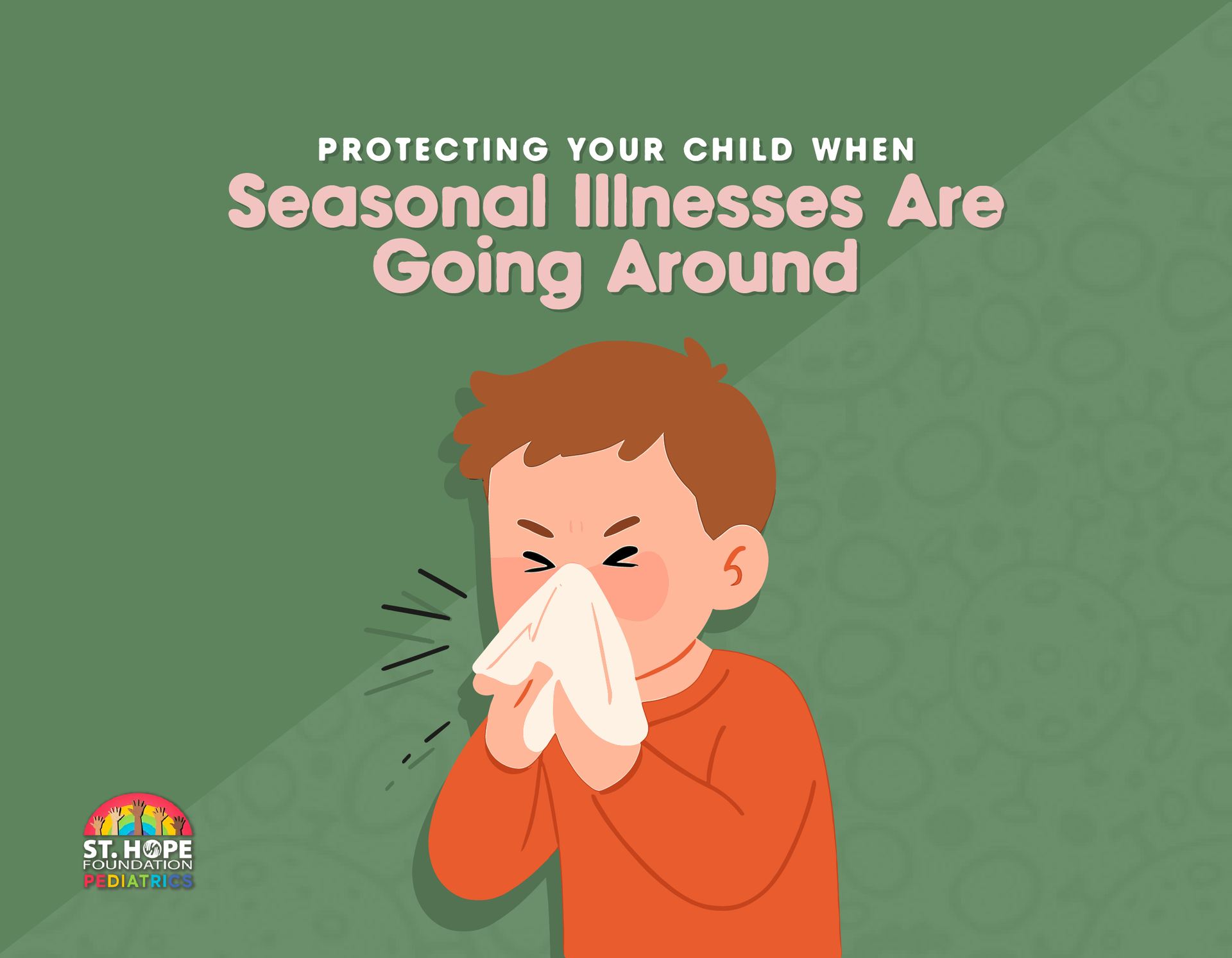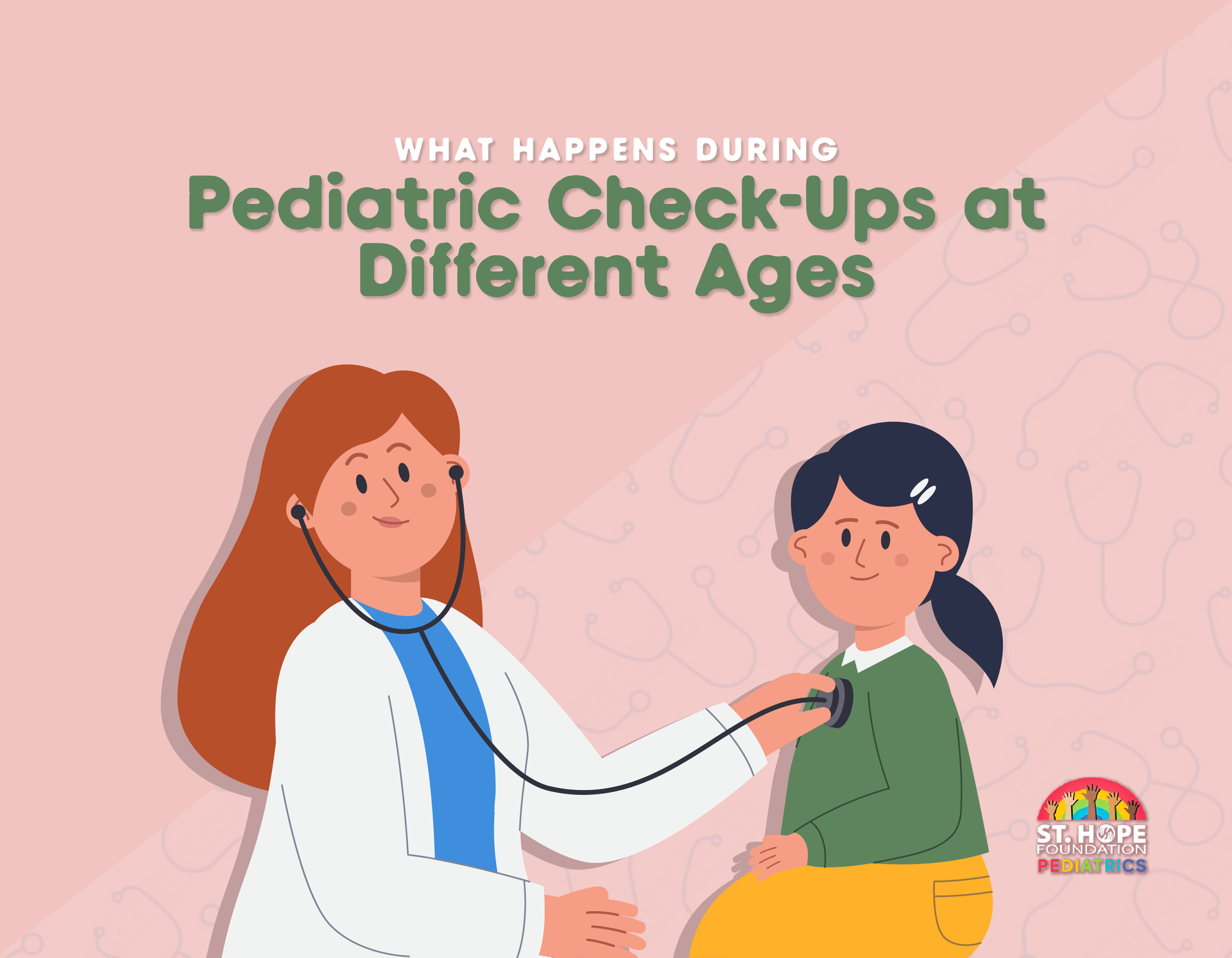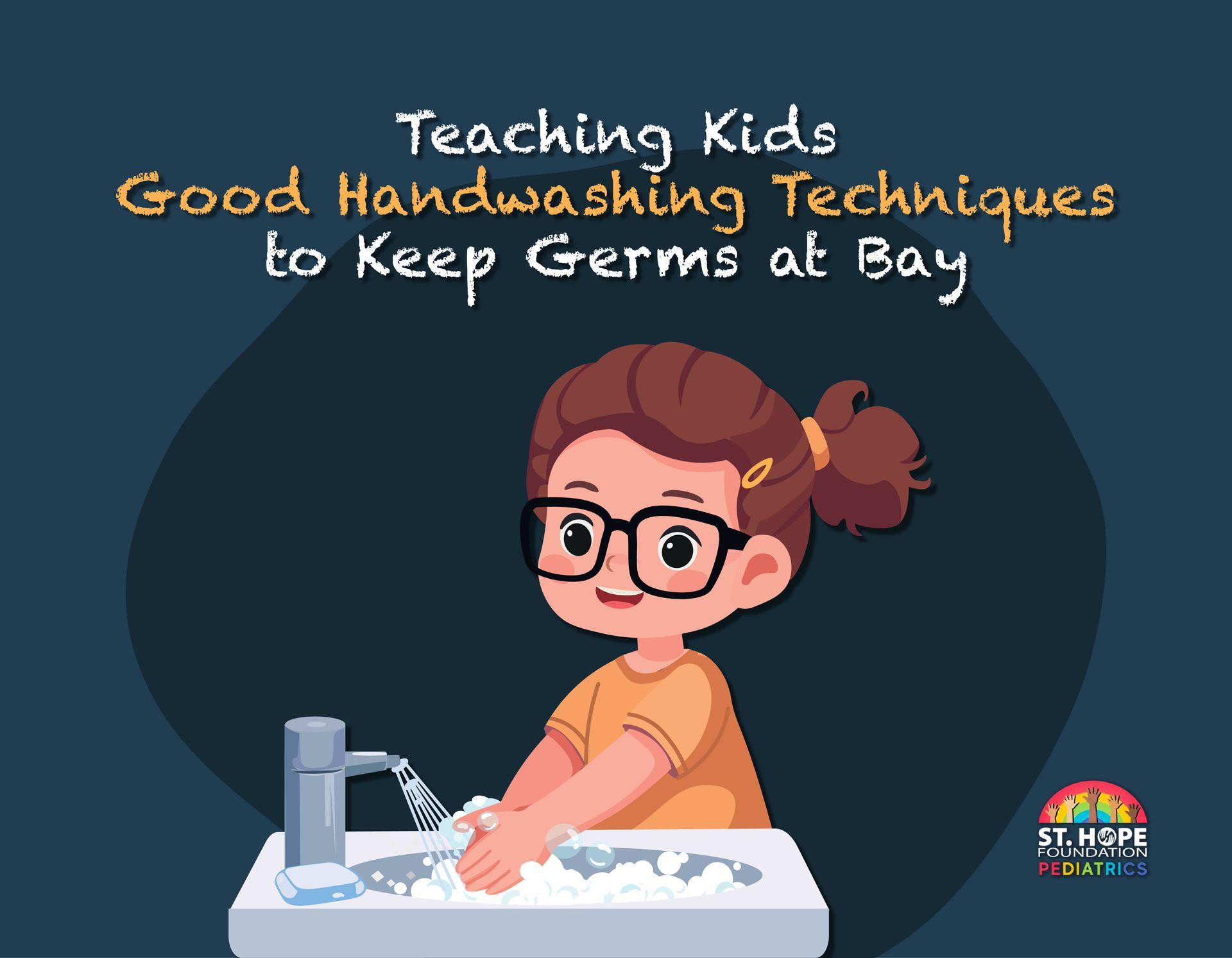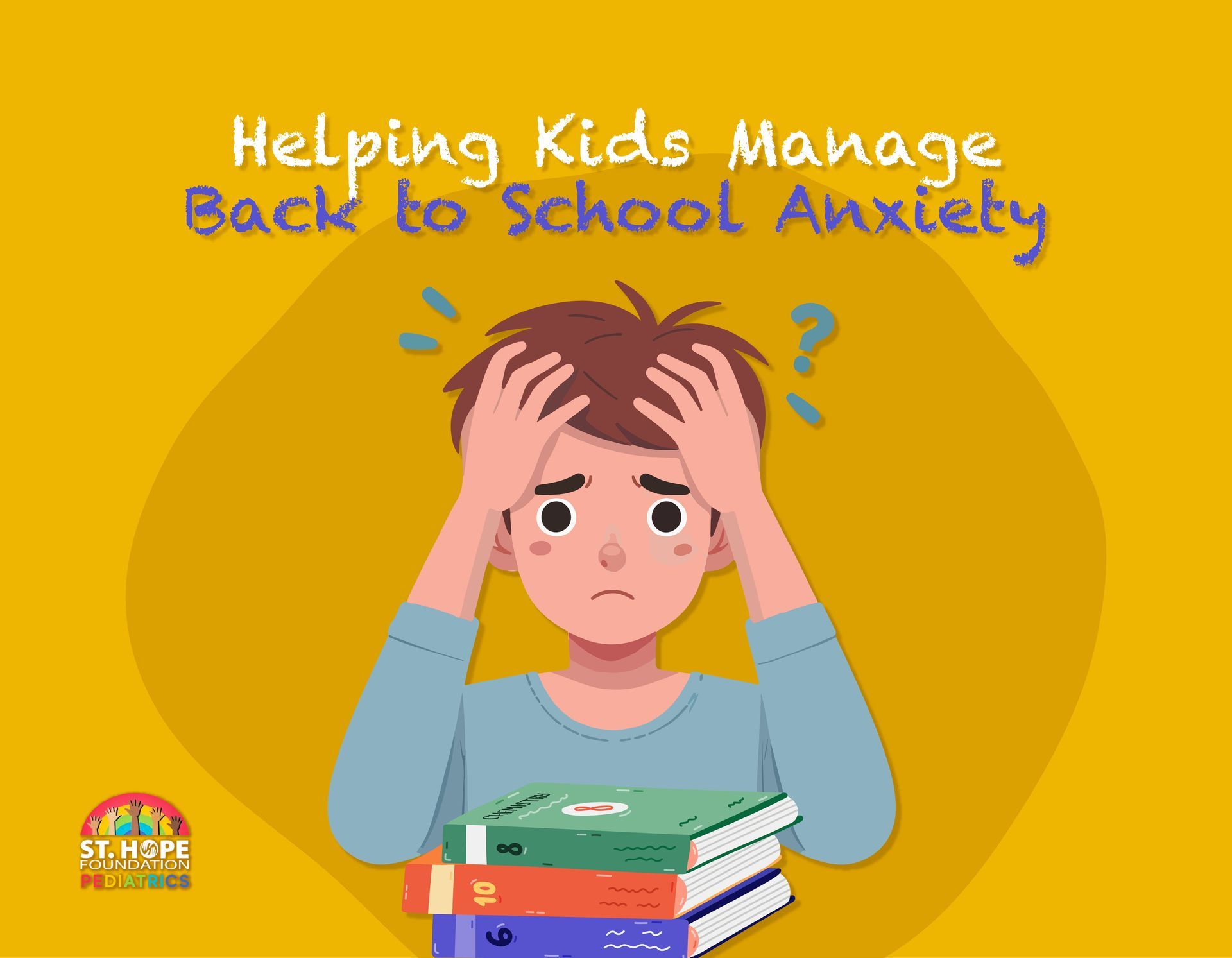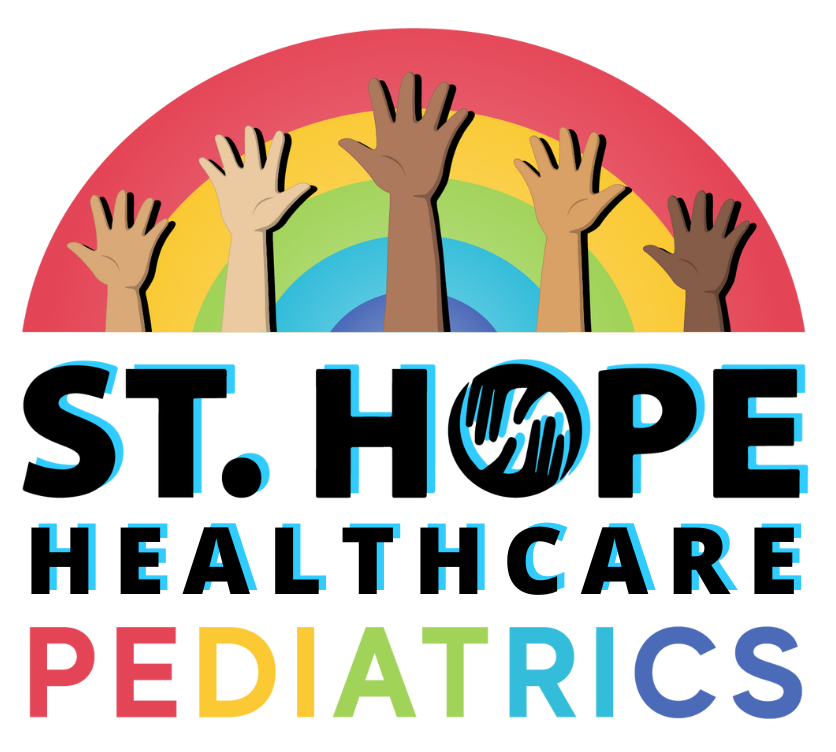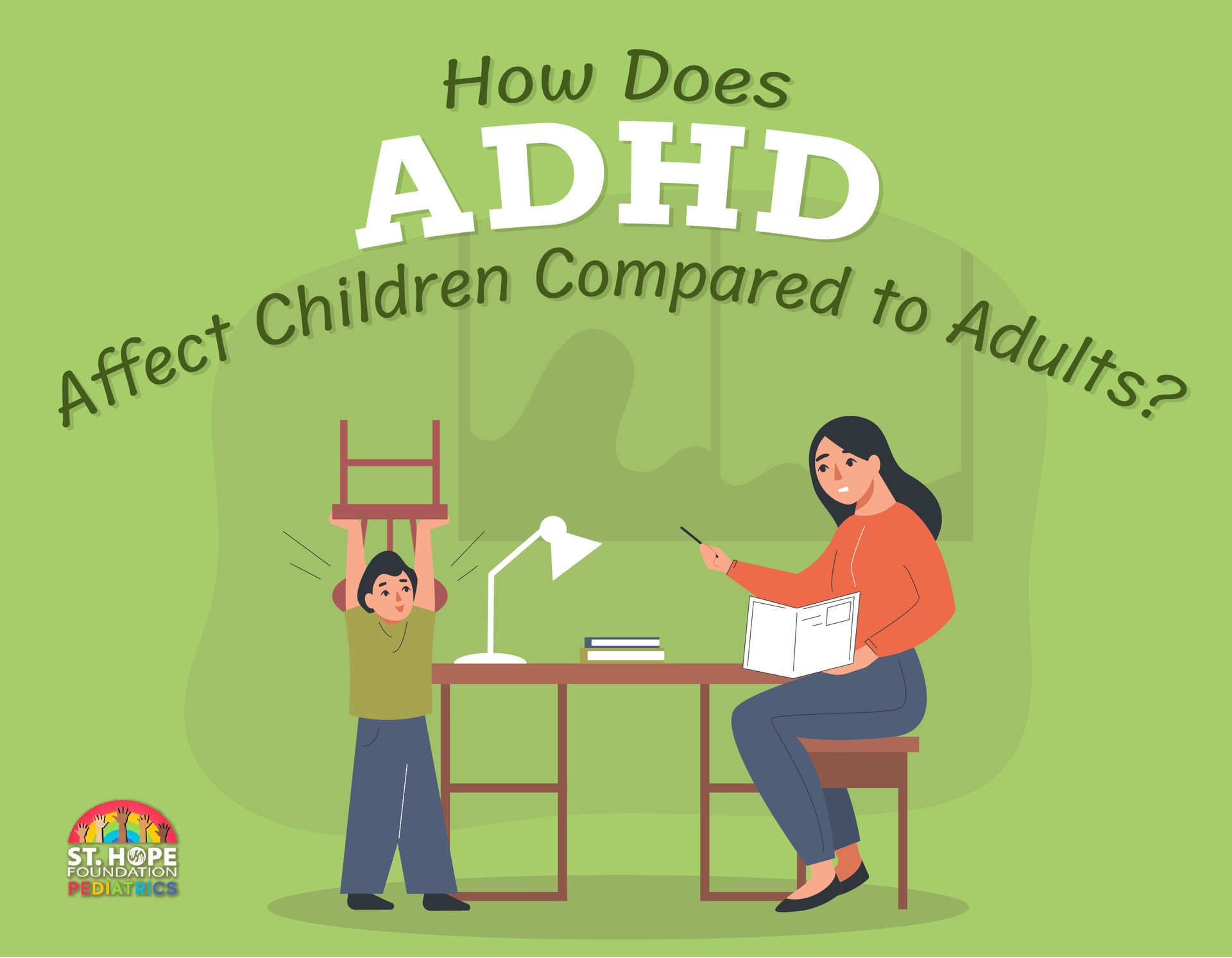
ADHD, also known as Attention-Deficit/Hyperactivity Disorder, is a neurodevelopmental condition that is usually characterized by inattention and hyperactivity. This condition affects around 8.7 million adults in the United States and 129 million children.
Many people are under the misconception that ADHD magically disappears as children grow older. The truth is many individuals carry ADHD into adulthood. Without treatment, the condition may cause significant challenges and complexities in daily life.
Children affected by ADHD may experience educational hurdles and disciplinary issues. In adulthood, ADHD can affect everything from personal relationships and the ability to hold down a job to tasks of daily living and parenting.
Understanding ADHD
Attention-Deficit/Hyperactivity Disorder is typically diagnosed in children when symptoms become noticeable and start to impact their daily functioning. The diagnostic process often begins during the early school years when academic and behavioral expectations increase and a child’s struggles with the added responsibility become more apparent.
While some signs may be observable in preschool-aged children, a formal diagnosis is usually not made before the age of 6, as normal variations in attention and activity levels can be challenging to distinguish from ADHD at this stage. The elementary school years are a common timeframe for diagnosis, as teachers and parents may observe persistent patterns of behavior that raise concerns.
Symptoms of ADHD in Children vs. Adults
Children with ADHD face unique challenges in places like educational and social settings.
Here are the main symptoms of ADHD in children:
- Inattention
- Hyperactivity
- Impulsivity
- Social and academic challenges
- Forgetfulness
Adults with ADHD may also struggle in their occupation and with maintaining stable friendships and romantic relationships. The symptoms of ADHD in adults tend to mirror those in children, with the primary difference being the scope of responsibilities and the potential for more serious consequences:
- Inattention
- Hyperactivity
- Impulsivity
- Relationship and career challenges
- Emotional regulation
While the core symptoms persist, the presentation of ADHD differs between children and adults. Hyperactivity may transform into a more internal restlessness, and impulsivity can manifest as difficulty with impulse control in social or professional contexts. Emotional regulation challenges can become more pronounced, impacting relationships and overall well-being.
It's important to note that not every individual with ADHD will exhibit all these symptoms, and the severity of symptoms can vary depending on the individual. A comprehensive assessment by a qualified healthcare professional is crucial in order to receive an accurate diagnosis and appropriate treatment and management of ADHD.
Diagnosis and Assessment of ADHD in Children vs. Adults
When diagnosing a child with ADHD, a skilled healthcare professional, often a pediatrician, child psychiatrist or psychologist, conducts a thorough clinical evaluation by working with the child’s parents and teachers.
The process relies on the diagnostic criteria of ADHD as outlined in the Diagnostic and Statistical Manual of Mental Disorders (DSM-5). The child must be observed for specific patterns of inattention, hyperactivity and impulsivity and these symptoms must have an impact on the child’s daily functioning.
According to the DSM-5, symptoms of ADHD must be present before the age of 12 for a diagnosis to be made. This makes early diagnosis extra important. A review of the child's medical history is also conducted to rule out other potential contributing factors that may be causing their display of symptoms.
Diagnosing adults can be more complex due to the subtler presentation of symptoms. An adult’s diagnosis is led by a qualified healthcare professional, such as a psychiatrist, psychologist or adult ADHD specialist. The process begins with a thorough clinical evaluation that takes into account the individual's medical and psychiatric history, childhood behaviors and academic or work performance.
Like children, adult diagnosis also follows the diagnostic criteria from the DSM-5, including the observation of symptoms like inattention, hyperactivity and impulsivity that significantly impacts daily functioning.
While teachers and parents are typically involved in the diagnosis of children, diagnosis of adult ADHD requires self-reporting from the individual being diagnosed. Input from close friends and family may also provide valuable insight for the diagnosis.
ADHD Treatment and Management Strategies for Children and Adults
ADHD treatment and management in children often incorporates behavioral interventions and psychoeducation. Parent training and school support are also heavily emphasized so teachers and parents better understand ADHD and the challenges that come along with it.
As individuals transition into adulthood, the approach may include therapeutic interventions, lifestyle changes, mindfulness, stress-management and cognitive-behavioral therapy.
In some cases, medications may be prescribed for both children and adults if lifestyle changes and time management practices aren’t adequately effective. This includes certain stimulants like Adderall or non-stimulant medications like Atomoxetine.
The Team at St. Hope Pediatrics Can Help Houston Families and Children Manage ADHD
St. Hope Pediatrics recognizes the challenges that affect children living with ADHD. We create individualized care plans that acknowledge the diverse needs of those navigating life with ADHD and will provide help every step of the way.
Our efforts will help children receive comprehensive care, addressing not only the symptoms but also giving your child the strategies for academic success and maintaining overall happiness. Give us a call today at (713) 778-1300 to book your child’s appointment.

